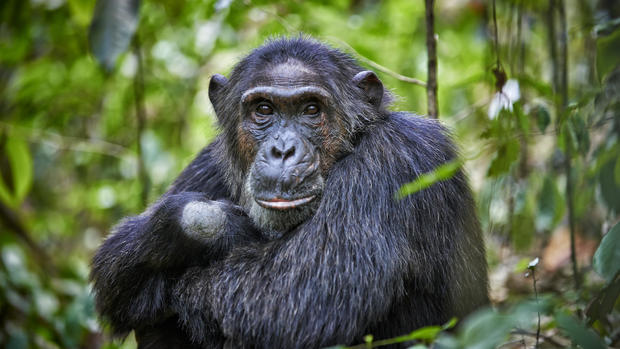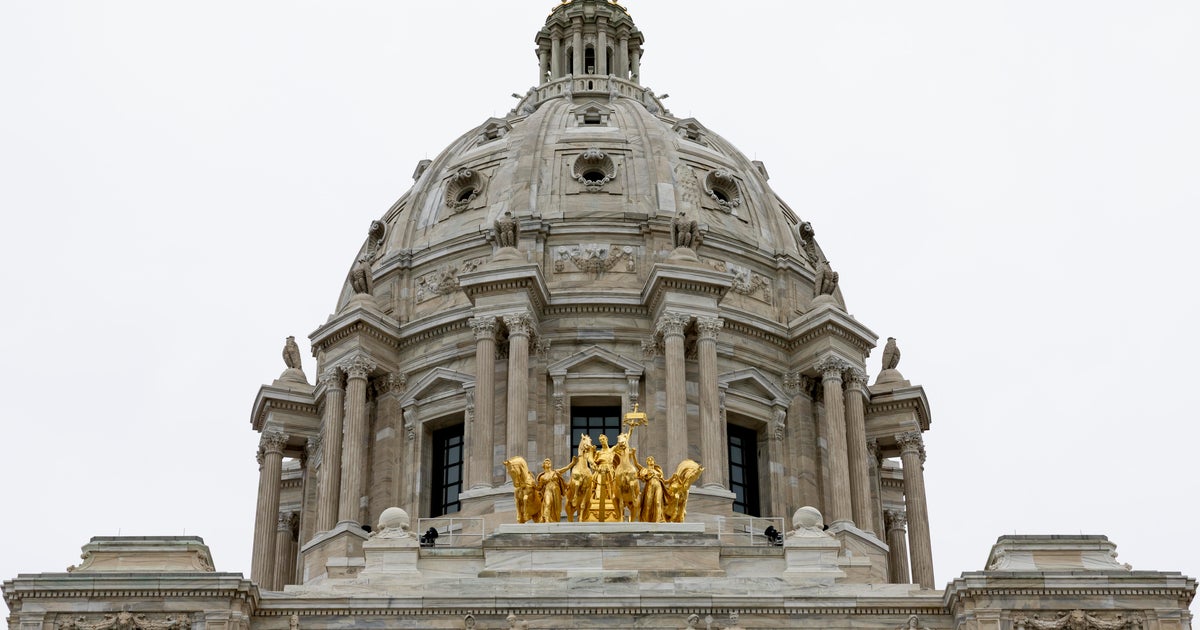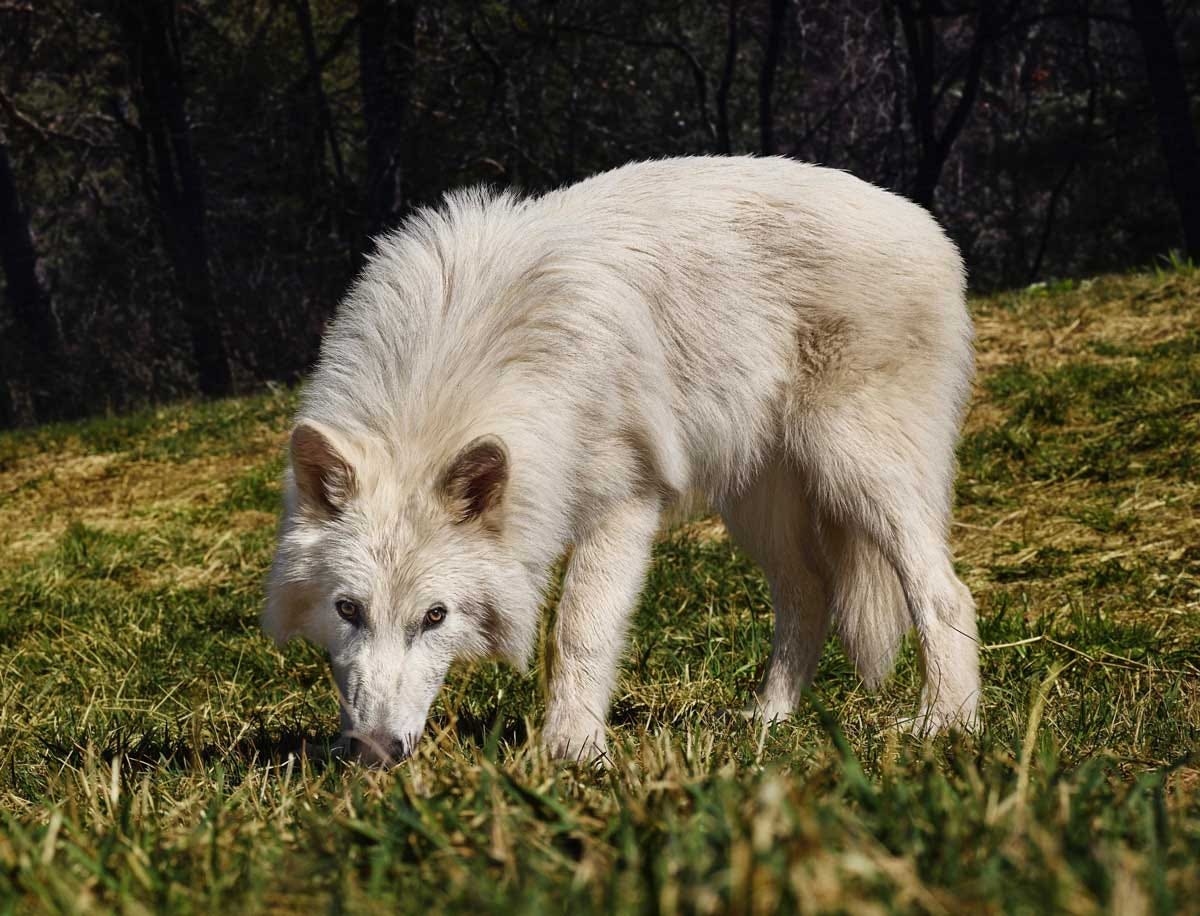Montana considering series of new bills to expand trapping and killing of wolves and bears — and activists say it's "an outright war against wildlife"
Gray wolves were removed from the endangered species list less than four months ago. But now, activists say their populations, as well as other endangered wildlife in Montana, may be at risk as the state considers a series of legislative bills that set out to expand trapping and hunting regulations.
Several bills are currently being weighed by legislators that would impact wolves and grizzly bears, both of which have historically struggled to maintain populations in the area.
Impacting the wolves, the state's House has passed two bills, HB 224 and HB 225, which would allow wolf snaring and lengthen wolf trapping season for an additional 30 days.
The state's Senate has passed two bills that have a more direct goal of reducing the wolf population.
SB 314 would establish hunting and trapping regulations that would allow all but 15 breeding pairs of wolves to be killed. Under this bill, any individual with a single wolf hunting or wolf trapping license would be allowed to "harvest" an unlimited number of wolves, and would permit individuals to use artificial light and night vision to hunt wolves on private land at night.
SB 267 would establish what the Humane Society equates to a "bounty system," in which people with hunting licenses can be reimbursed for the money they spent on hunting or trapping wolves.
Wolf populations in Montana have long suffered from trapping and hunting. In the late 1930s, settlers had poisoned and killed all of the wolves in the state, and by the mid-1900s, wolves had almost completely been erased in 48 states. It wasn't until the 1980s that wolves were able to start establishing populations again in northwestern Montana, according to the National Park Service.
It is estimated that there are only 850 wolves throughout the state, according to The Associated Press.
Grizzly bears, which are protected and considered threatened under the Endangered Species Act, are also at risk of being impacted by the bills under consideration. While it is illegal to kill a grizzly bear in Montana unless it is in the act of killing livestock, SB 98 — which the state Senate has already passed — would allow grizzlies to be killed if they are believed to be "threatening" a person or livestock. The bill also insists that the grizzly population in the state has recovered and "should be removed from the federal endangered species list."
Another bill that is set to be heard in Montana's House Judiciary Committee on Friday seeks to take a more overarching approach to controlling wildlife in the state. The bill, HB 367, would amend the state constitution so that citizens would have primary control of managing wildlife populations through hunting, fishing and trapping.
CBS News has reached out to the primary sponsors of the bills for comment.
The Humane Society of the United States has argued that the bills are an "unprecedented attack" on the state's animals and that if passed, Montana will be joining "an outright war against wildlife."
Amanda Wight, program manager for wildlife protection for the Humane Society, said in a statement that the "sheer number and extent" of the bills are an attempt to "usurp biologists ... and declare war on wolves, bears and sound science."
"If these come to fruition, we are talking about a mass slaughter of wildlife, jeopardy to ecosystems, and a steep loss to the massive tourism economy and local jobs," Wight said. "This attack serves as a stark reminder of the horrors wolves in the rest of the country could face now that their federal protection under the Endangered Species Act has been removed."
Kitty Block, president and CEO of the Humane Society, said in a February 19 blog post that these bills "are cruel and completely unnecessary, and they benefit no one but a handful of trophy hunters and trappers."
"Wolves, bears and other wildlife these bills target are far more valuable to Montana alive than dead because they bring valuable tourist revenue," Block said. "They are beloved by many Montanans and by the majority of Americans who flock to Montana to see these animals in the wild."




